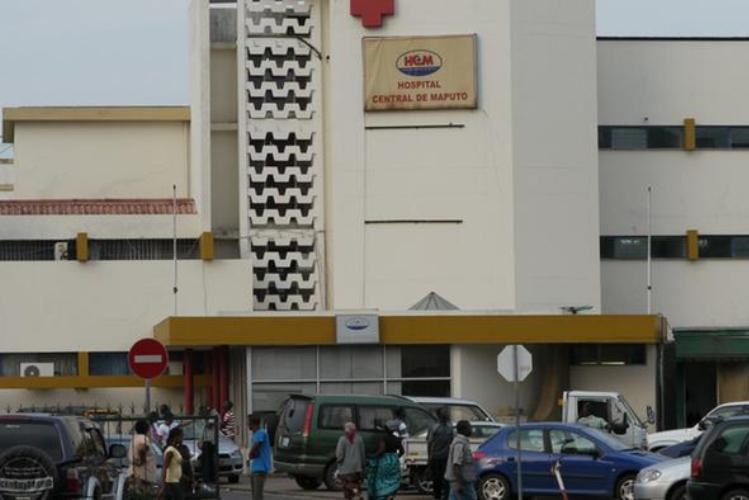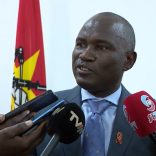Mozambique: Major fire interrupts classes in Chongoene school - Watch
Governor calls for expansion of specialist and surgical services to reduce waiting times in Maputo health units

DW (File photo) / Maputo Central Hospital
Maputo City governor, Iolanda Cintura, on Wednesday urged the health sector to expand specialist and surgical services in order to reduce waiting times in the city’s health units, and improve standards of care.
Speaking at the opening of the first Maputo City Health Council, called to discuss the concerns of the capital’s health units, Cintura said “We must do everything we can to reduce waiting times, and we must expand facilities for specialist consultations”.
“The government will continue to prioritise this sector in budgetary allocation”, she said, in terms of the admission of new staff, promotions, and improvements in hospital infrastructures.
_700x0_80.jpg)
Cintura also wanted to see improvements in the management of medicines, laboratory reagents, and other medical and surgical material in all city health units.
“Despite the advances made, we feel that we are still facing major challenges, and there is a long path ahead before we can satisfy to the full the needs of the public”, she said. “All health professionals must provide better and more human services”.
Maputo city chief doctor, Sheila de Castro, recognized there are long waiting times for medical consultations and for surgical operations. “On average, the waiting tome for an ordinary medical consultation is seven days, and for a specialist consultation, it is 30 days. We want to reduce this waiting time”, she said.
Among the measures being taken, said Castro, was the expansion of consultations to the peripheral health units. All city health units now have one or more general practitioners, who guarantee the ordinary medical consultations.
Patients are only referred to the general hospitals when necessary, said Castro. Nonetheless waiting times remain long, and she recognized that greater efforts were needed to reduce them.
There were greater difficulties with specialist consultations. “We still have few specialist doctors in the city”, said Castro. “We have been putting general practitioners to work together with specialists. The GP does the initial consultation, and then hands over to the specialist”.
The health service plans to expand some specialist care to the peripheral units, she added, since there were now trained medical technicians in some specialisms including ophthalmology, ear, nose and throat care, and even surgery. “We are thinking of expanding these consultations”, said Castro, “and we think we will reduce waiting times”.
Reporting on the work of the health units in 2016, Castro said there had been a 17 per cent increase in the volume of activities compared with the previous year. The health units had attended to 450,000 patients and had undertaken over 1.1 million laboratory analyses.
This was possible, she said, due to the “selfless work” of the health professionals and the strengthened capacity of the laboratories, several of which had acquired new equipment.
X-ray services exist in five of the city’s health units, and between them they had attended to around 64,000 patients in 2016.












Leave a Reply
Be the First to Comment!
You must be logged in to post a comment.
You must be logged in to post a comment.